Nigeria travel tips
Nigeria travel tips: West African nation, diverse cultures, vibrant cities, rich natural resources, dynamic economy, Nollywood film industry, diverse landscapes, lively music scene.
States 🌎
Nigeria travel tips. Here is a list of all the states of the Nigeria.
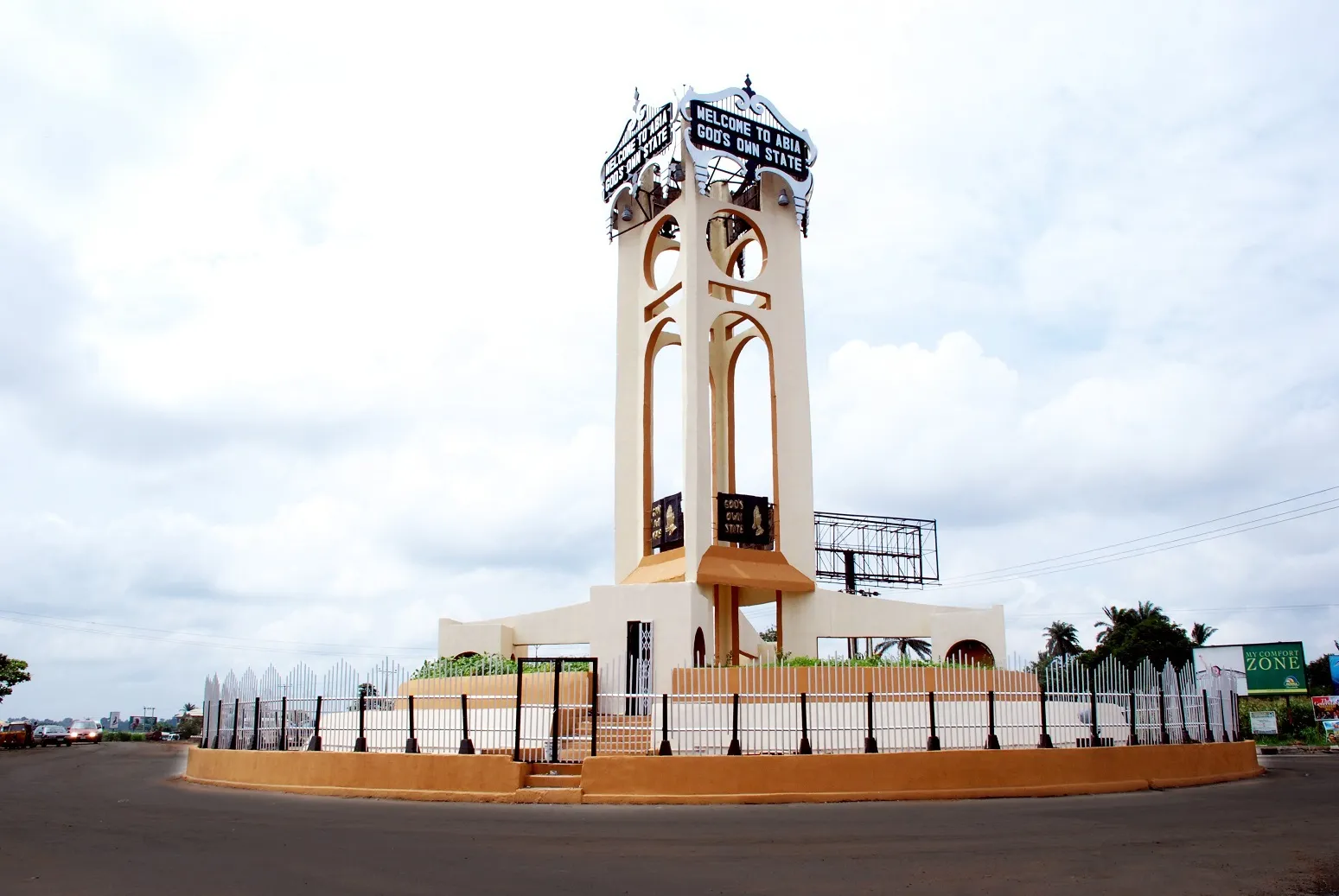
Abia

Adamawa
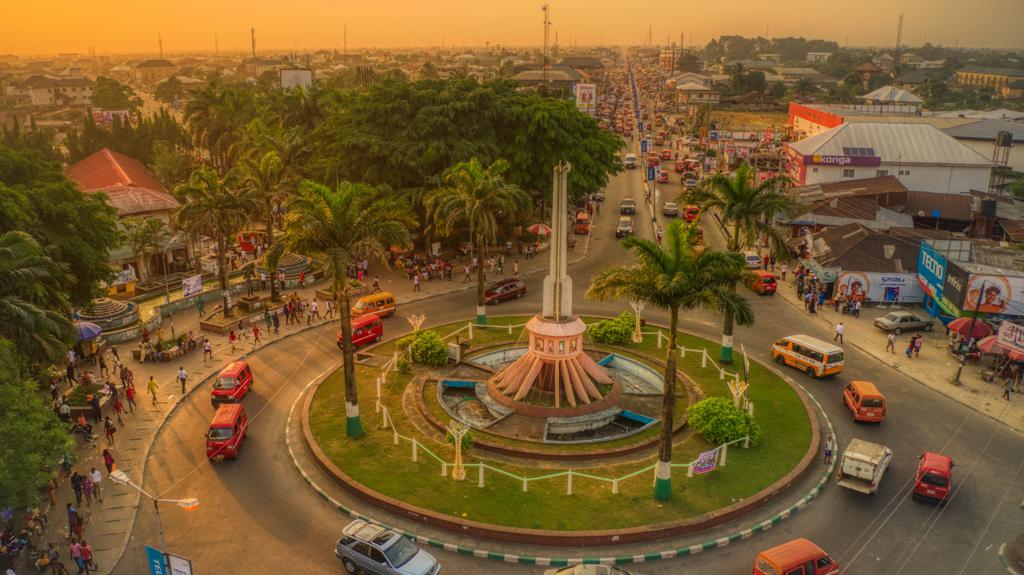
Akwa Ibom

Anambra
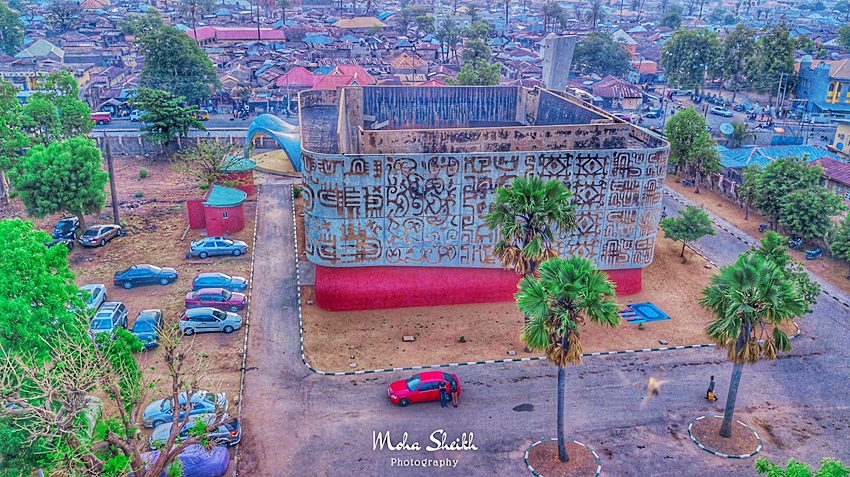
Bauchi
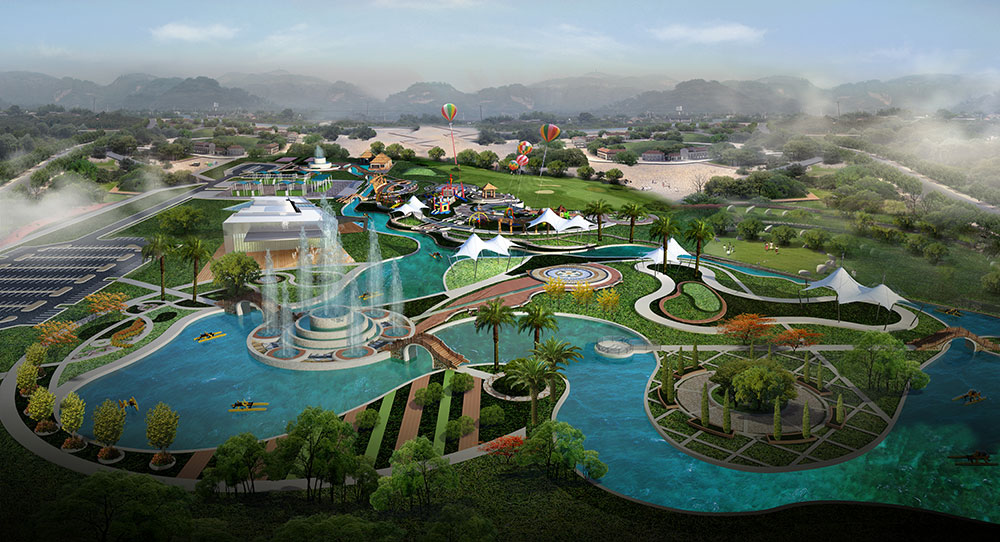
Bayelsa
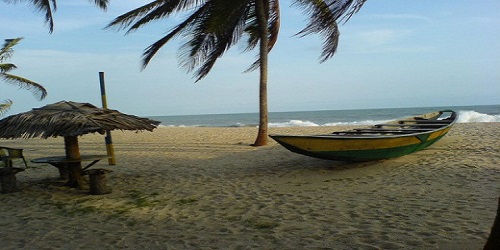
Benue

Borno

Cross River
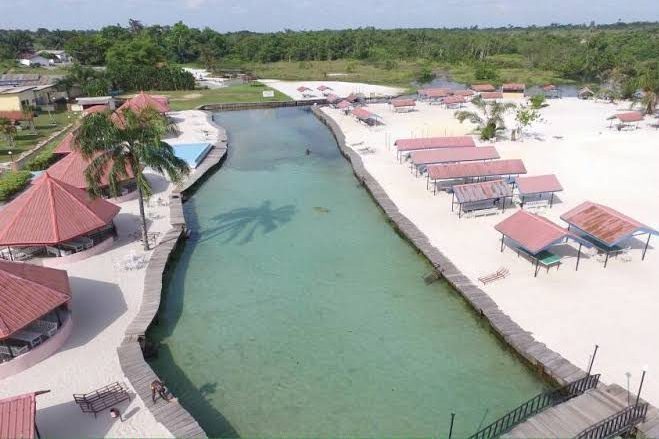
Delta
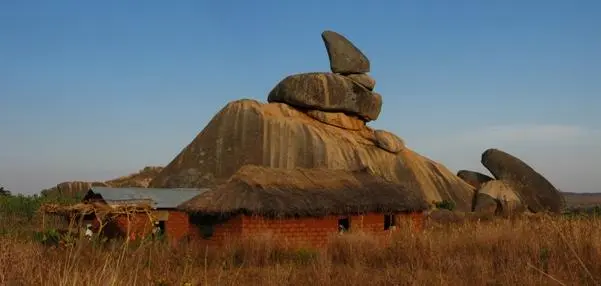
Ebonyi
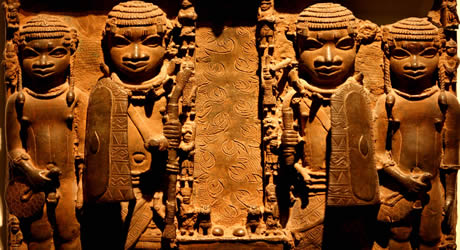
Edo
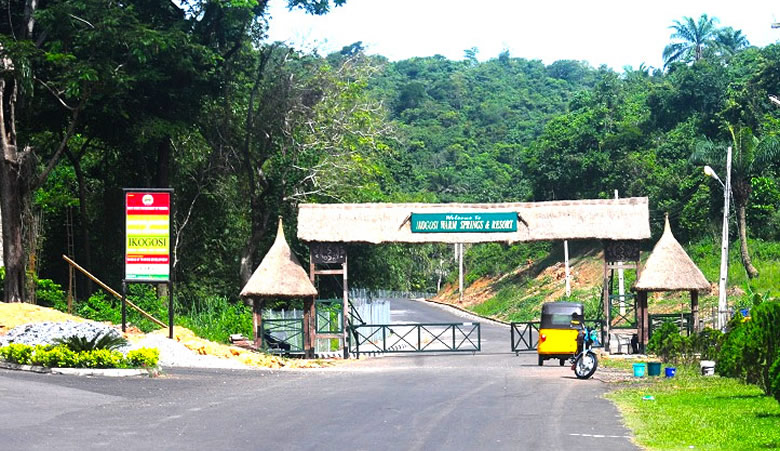
Ekiti
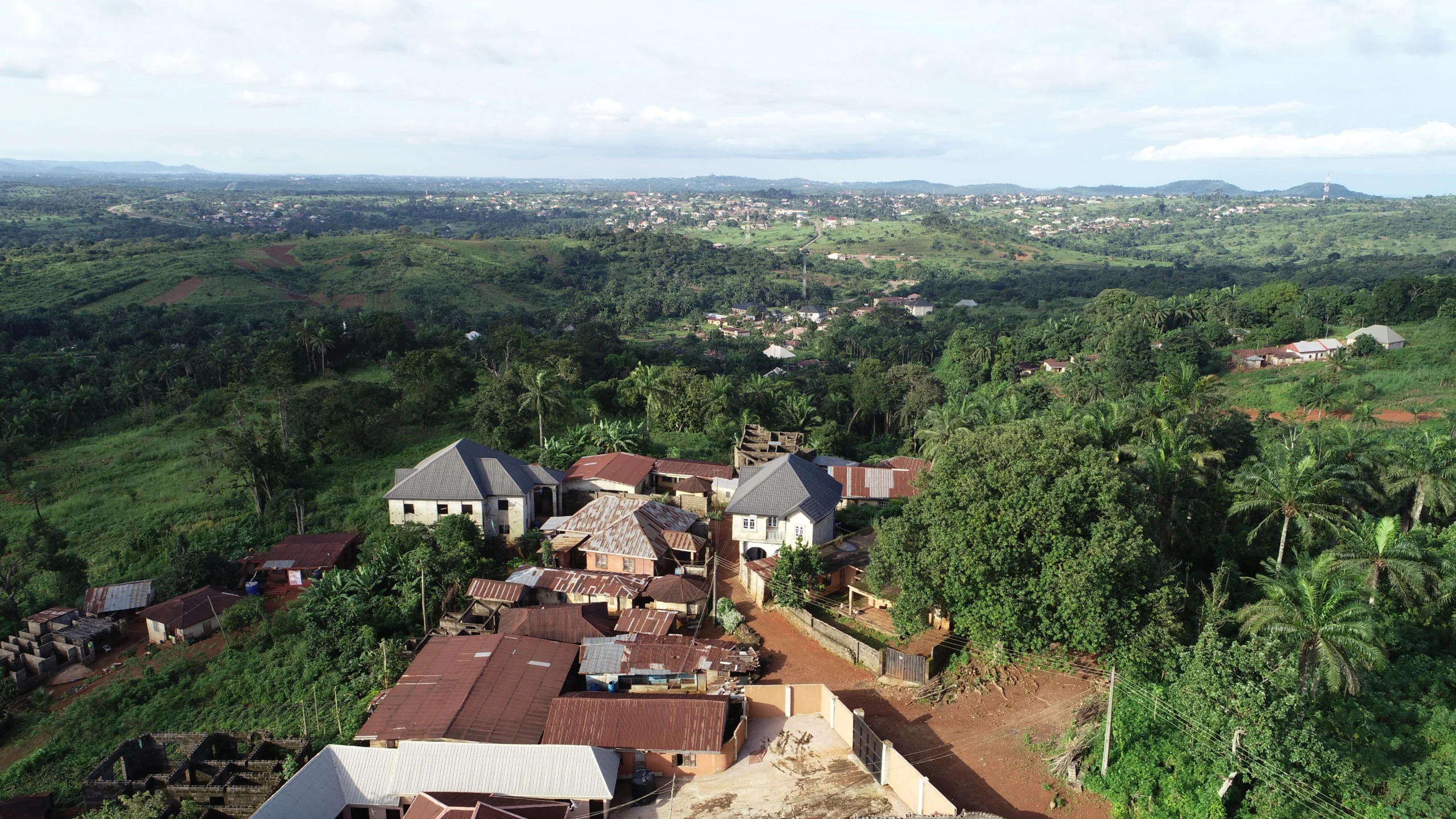
Enugu
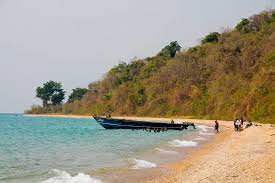
Gombe

Imo
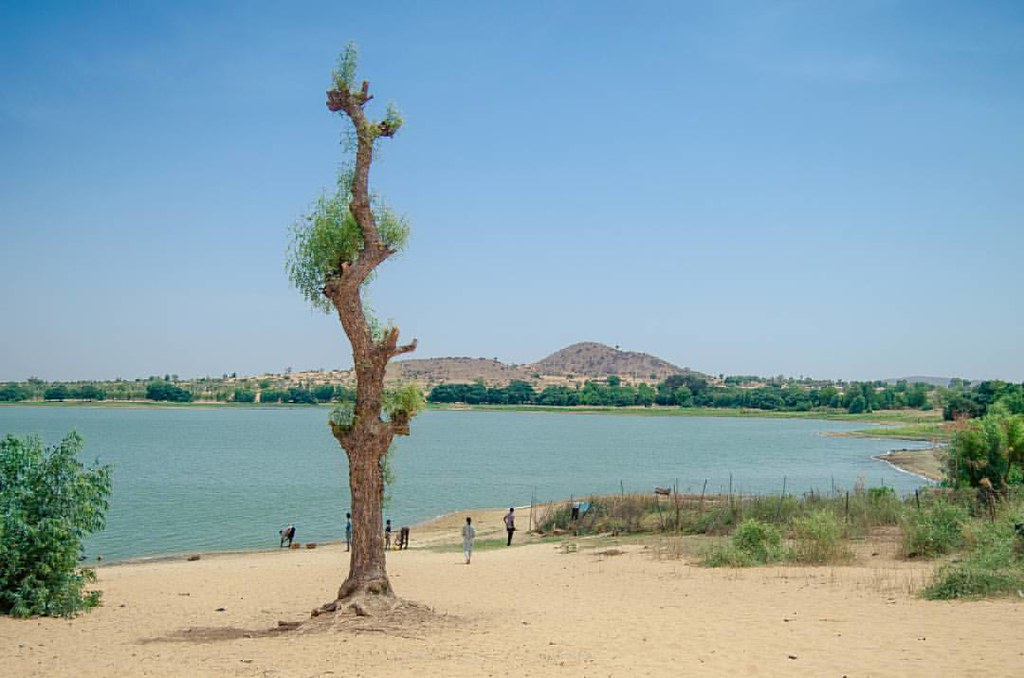
Jigawa

Kaduna
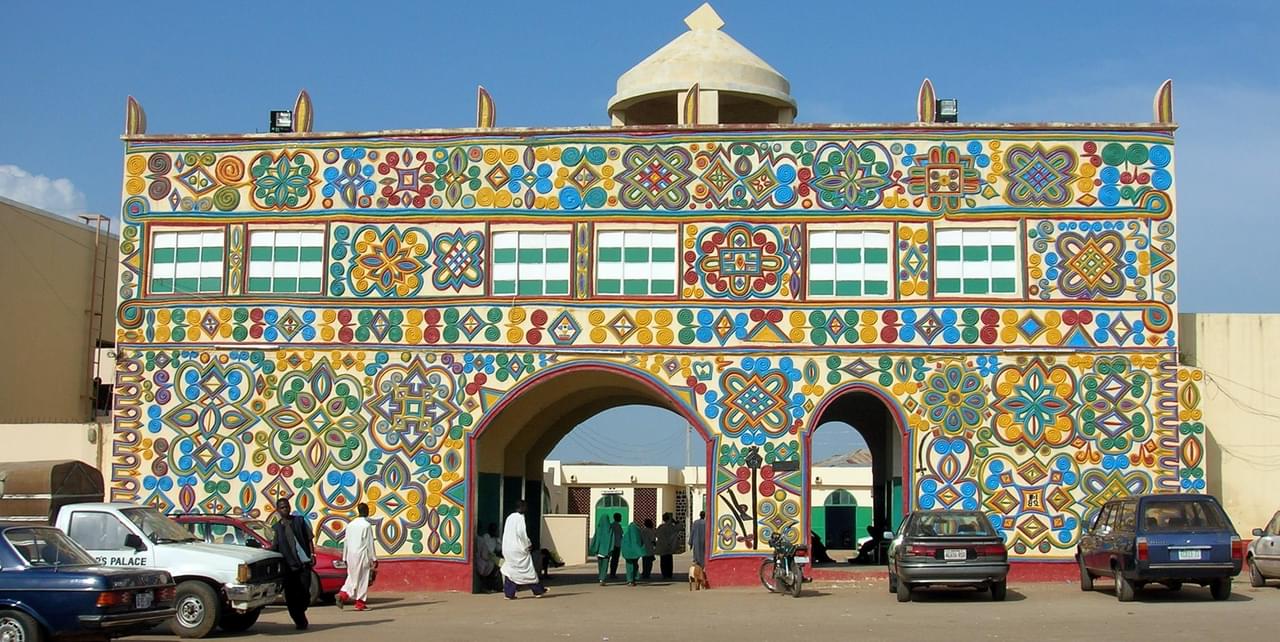
Kano
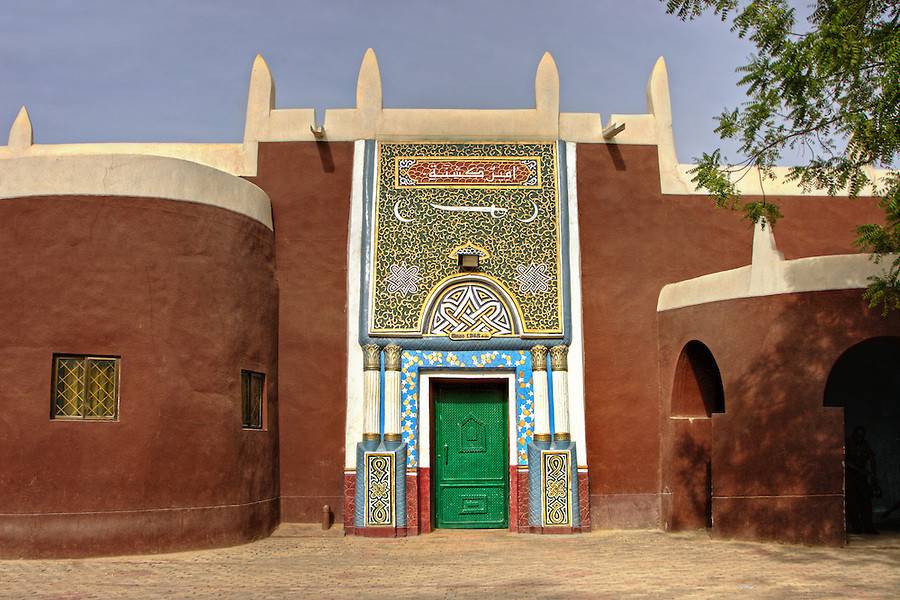
Katsina

Kebbi
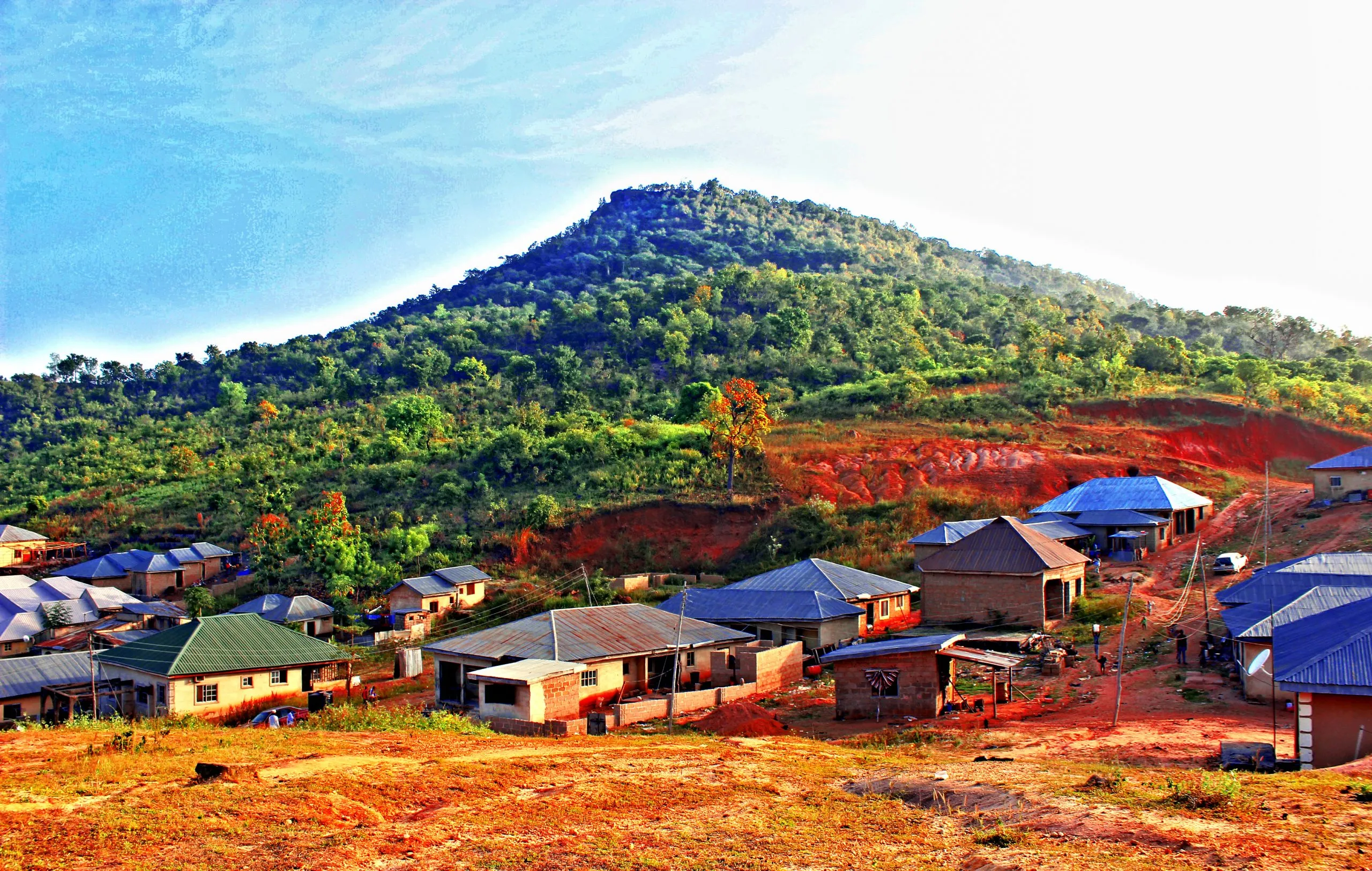
Kogi

Kwara

Lagos
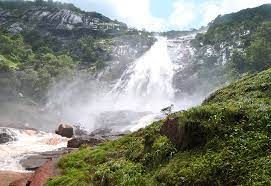
Nasarawa

Niger
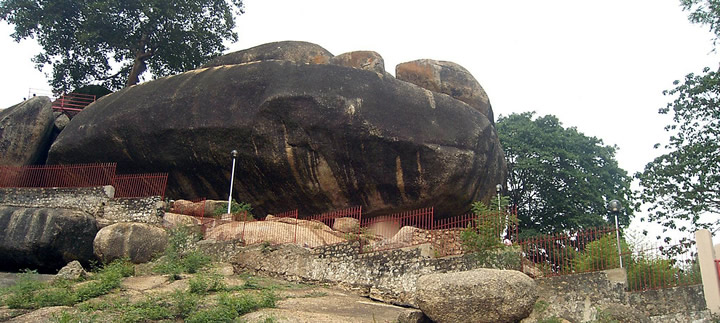
Ogun
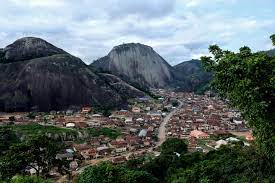
Ondo
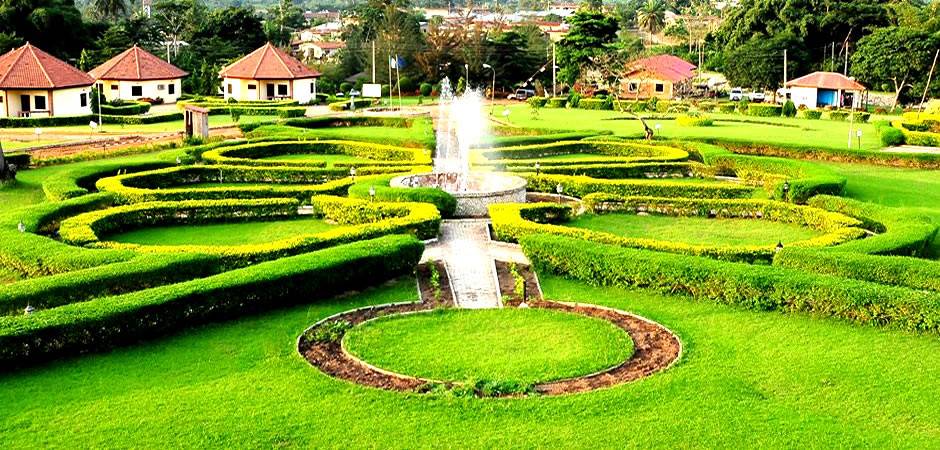
Osun
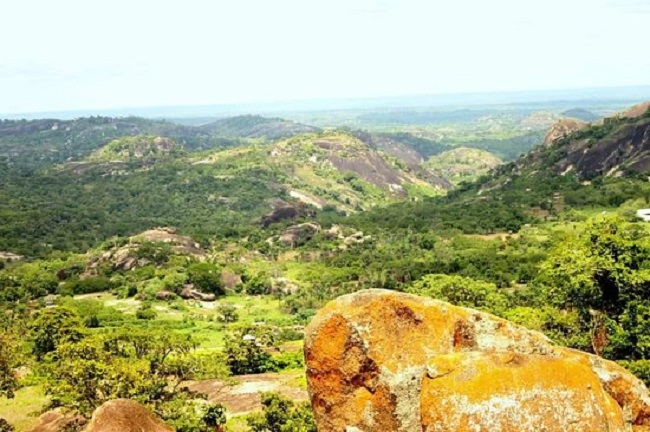
Oyo
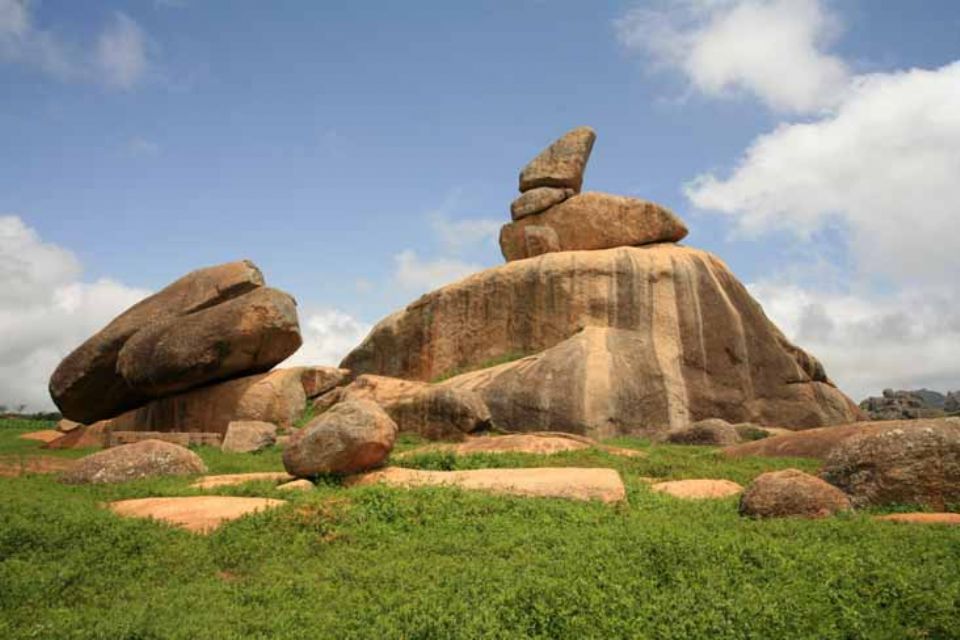
Plateau

Rivers
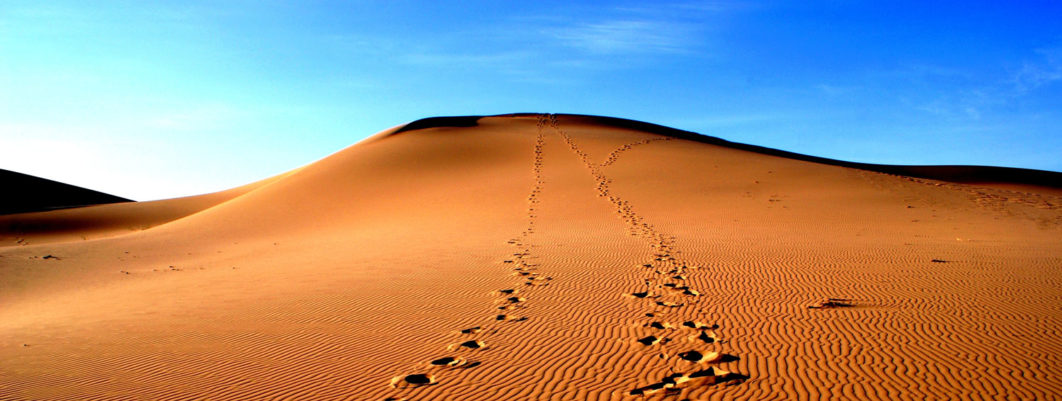
Sokoto
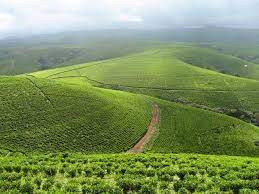
Taraba

Yobe
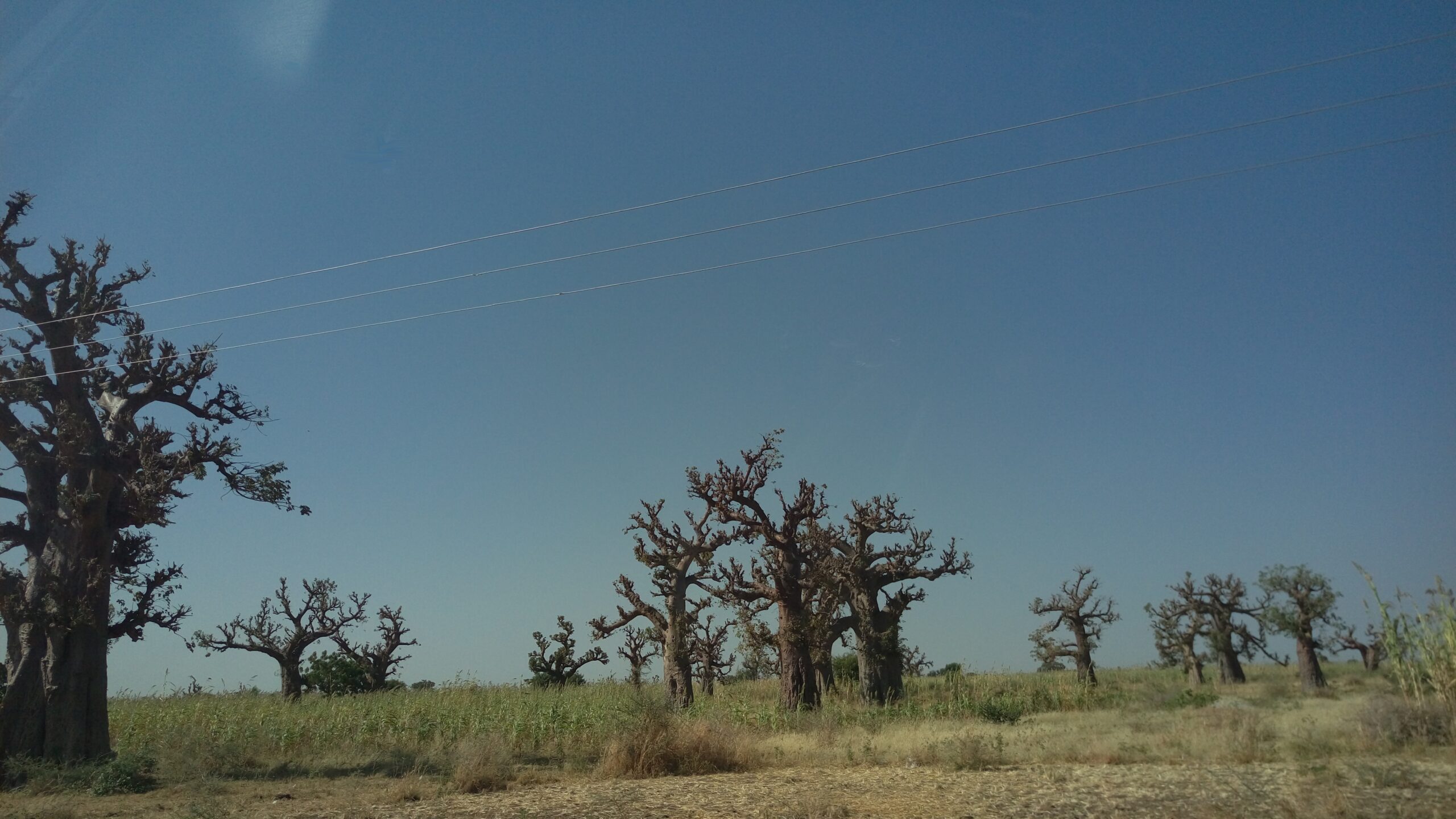
Zamfara
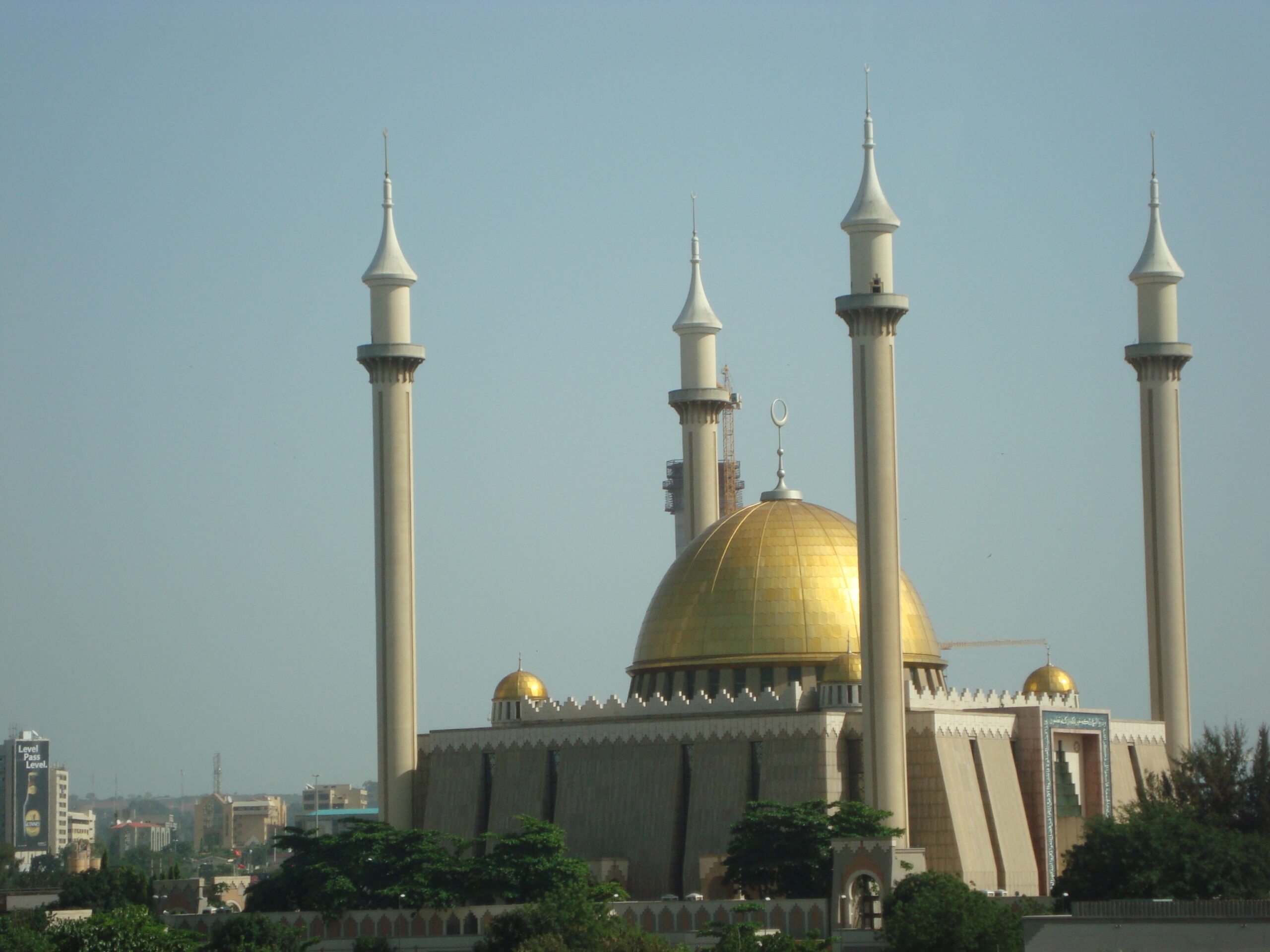
Abuja
Before you go 🛩
Important information you should know before your trip
Info
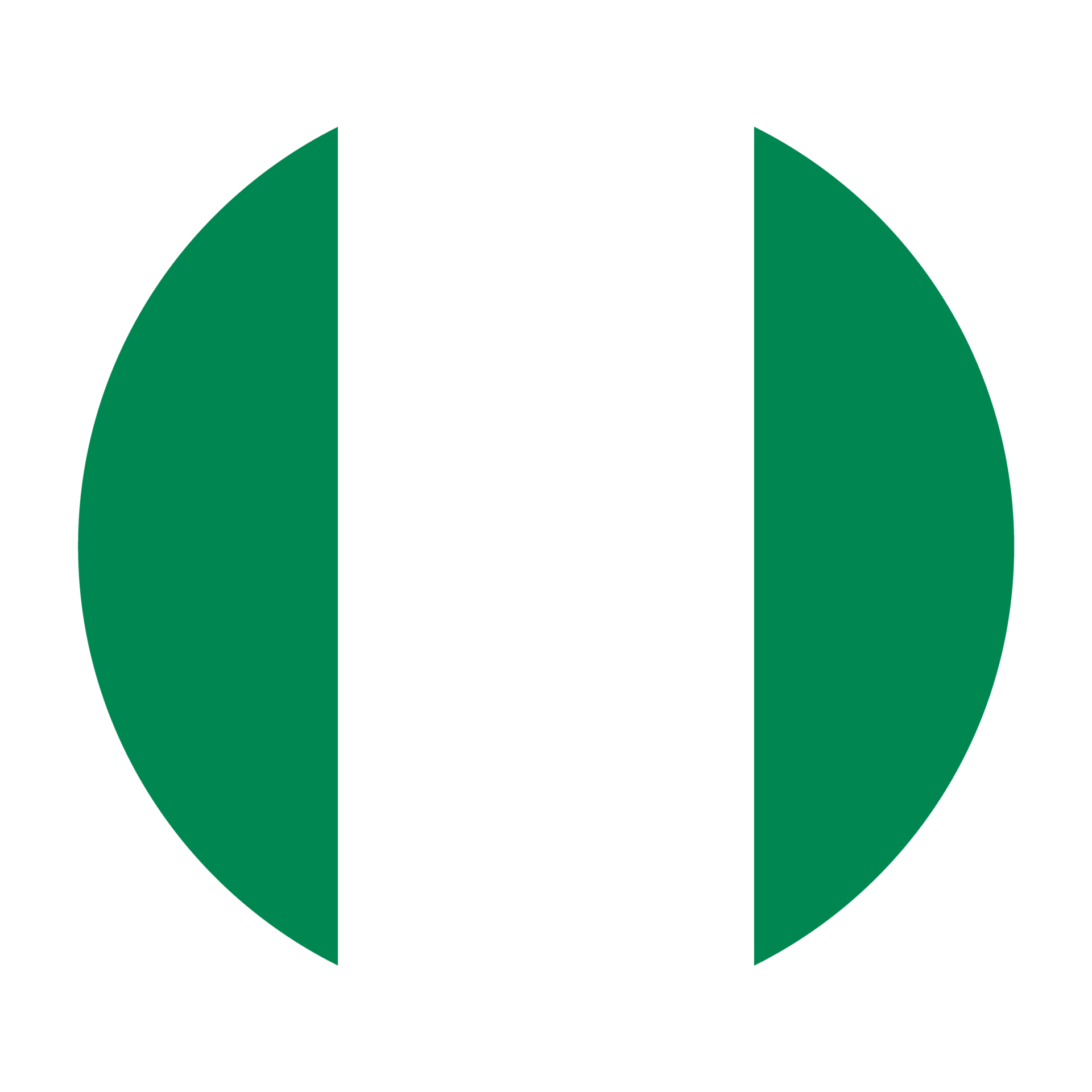
Capital | Abuja
Flag Codes:
ISO alpha-2 NG,
ISO alpha-3 NGA
Currency
Badge | Nigerian Naira
CODE | NGN
NUMBER | 566
SYMBOL | ₦
FRACTION | kobo
Mobile Coverage
Dialing Code | +234
SIM Card
Coverage | 3G / 4G / 5G |
Mobile Networks | 9Mobile | Airtel | Glo | MTN Mobile | ntel |
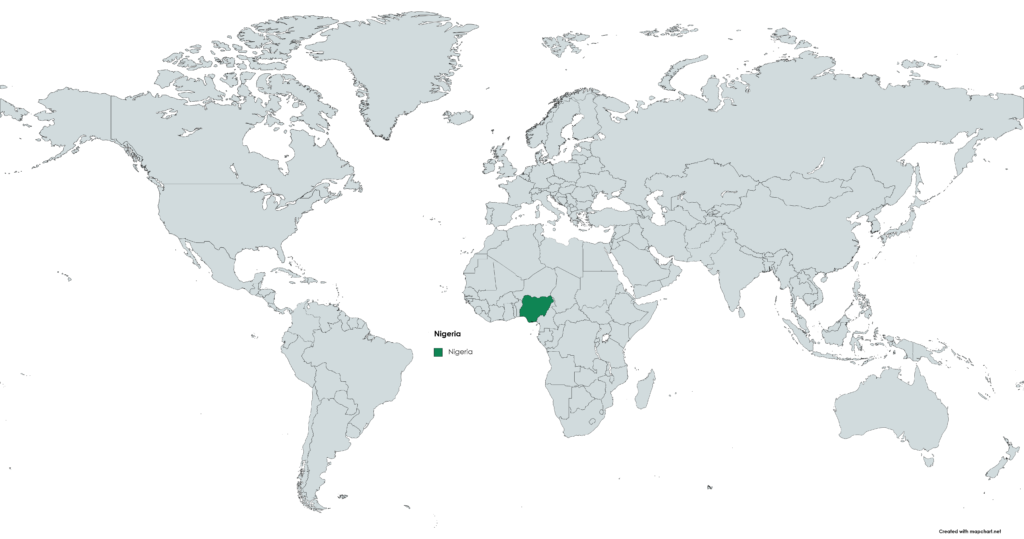
Location
Nigeria is located in West Africa and is bordered by several neighboring countries. It is situated on the Gulf of Guinea in the Atlantic Ocean.
Gulf of Guinea: Nigeria’s southern coastline extends along the Gulf of Guinea, which is part of the Atlantic Ocean. This coastline includes major cities like Lagos and Port Harcourt.
Geographical Features: Nigeria’s geography is diverse and includes various landscapes, such as savannas, rainforests, plateaus, and coastal areas. The Niger River, one of Africa’s major rivers, flows through Nigeria, providing fertile land for agriculture and supporting various communities along its banks. Additionally, Nigeria has numerous national parks and natural reserves that are home to a wide range of wildlife and plant species.
Capital City: The capital city of Nigeria is Abuja, which is located in the central part of the country. Abuja was officially designated as the capital in 1991, replacing Lagos as the capital.
Nigeria’s strategic location on the African continent, as well as its diverse geography and resources, have played a significant role in its history, economy, and regional influence. It is one of the most populous countries in Africa and has a rich cultural heritage and a dynamic economy.
Currency
The currency of Nigeria is the Nigerian Naira, abbreviated as NGN.
The symbol for the Nigerian Naira is ₦, and it is often represented by the “N” or “NAIRA” abbreviation when used in prices and financial transactions.
The Naira is further subdivided into 100 kobo.
Banknotes and coins of various denominations are in circulation, with the Central Bank of Nigeria responsible for issuing and regulating the currency.
Languages
Nigeria is a linguistically diverse country with over 500 distinct languages spoken. However, there are several languages that stand out due to their widespread use and official status. The most prominent languages in Nigeria include:
English: English is the official language of Nigeria and is used for government, education, administration, and in the media. It serves as a lingua franca, enabling communication among Nigeria’s diverse ethnic and linguistic groups.
Hausa: Hausa is one of Nigeria’s major languages and is widely spoken in the northern regions of the country. It is the mother tongue of the Hausa ethnic group and serves as a lingua franca in the northern states.
Yoruba: Yoruba is spoken primarily in southwestern Nigeria. It is the native language of the Yoruba ethnic group and has a significant number of speakers in the region.
Kanuri: Kanuri is spoken in northeastern Nigeria, particularly in Borno State. It is the language of the Kanuri ethnic group.
Ibibio: Ibibio is spoken by the Ibibio people in Akwa Ibom State and Cross River State in the southeastern region of Nigeria.
Tiv: Tiv is spoken in Benue State and other parts of north-central Nigeria. It is the language of the Tiv ethnic group.
Ijaw: Ijaw languages are spoken by the Ijaw people in the Niger Delta region of Nigeria. There are several dialects within the Ijaw language group.
Kanuri: Kanuri is spoken in northeastern Nigeria, primarily in Borno State, and is the language of the Kanuri people.
Edo: Edo is spoken by the Edo people in Edo State in southern Nigeria.
Fulfulde (Fula): Fulfulde is spoken by the Fulani (Fulbe) ethnic group across various regions of Nigeria.
Climate 🌡
Nigeria’s climate varies considerably from one region to another due to its diverse geography and size. The country experiences a range of climatic conditions, including tropical, arid, and subtropical climates. Here are the key climate zones in Nigeria:
Tropical Rainforest Climate (Equatorial Climate):
This climate zone is found in the southern part of Nigeria, including the Niger Delta region. It is characterized by high temperatures and high rainfall throughout the year, with no distinct dry season. Rainfall is especially heavy from March to July, and there is a shorter rainy season from September to November. Humidity is also high, and the region is known for its lush vegetation and dense rainforests.
Savanna Climate (Tropical Wet and Dry Climate):
The central part of Nigeria, including states like Kano, Kaduna, and Jos, experiences a savanna climate. This climate has distinct wet and dry seasons. The wet season typically occurs from April to October, with peak rainfall in July and August. The dry season, known for its harmattan winds and drier conditions, lasts from November to March. The harmattan is a dry, dusty wind that blows from the Sahara Desert.
Semi-Arid Climate:
Parts of northern Nigeria, including states like Sokoto, Katsina, and Borno, have a semi-arid climate. This region experiences a shorter rainy season from June to September and a longer dry season from October to May. Rainfall is generally lower than in the southern and central regions, and the environment becomes progressively drier as one moves northward.
Desert Climate:
In the far north of Nigeria, near the border with Niger and Chad, there are desert-like conditions with an arid desert climate. This region, including areas around Maiduguri and Lake Chad, experiences extremely hot temperatures and very limited rainfall.
Coastal Climate:
Nigeria’s coastline along the Gulf of Guinea experiences a coastal climate with relatively consistent temperatures throughout the year. Rainfall is high, especially from March to July, and the region is susceptible to coastal storms and occasional flooding.
Nigeria travel tips
If you’re planning a trip to Nigeria, here are some travel tips to enhance your experience:
Visa and Documentation:
Check visa requirements and ensure your passport is valid. Obtain necessary permits for specific regions if required.
Health Precautions:
Consult a healthcare professional for required vaccinations. Carry essential medications and drink bottled or treated water.
Hygiene and Water:
Drink bottled or purified water. Practice good hygiene to prevent waterborne diseases.
Cultural Respect:
Respect local customs, traditions, and dress modestly, especially in religious sites.
Transportation:
Domestic flights, buses, and taxis are common. Plan routes carefully, and consider local traffic conditions. View Guide.
Arts and Culture:
Explore cultural attractions, museums, and art galleries for a deeper understanding of Nigeria’s rich heritage.
Local Etiquette:
Greet people with respect, use right-hand gestures, and be mindful of cultural norms to foster positive interactions.
Enjoy your time in Nigeria!

The best of the best
Nigerian cuisine is rich and diverse, reflecting the country’s cultural diversity and its many ethnic groups. Nigerian dishes are often flavorful, spicy, and include a variety of ingredients.
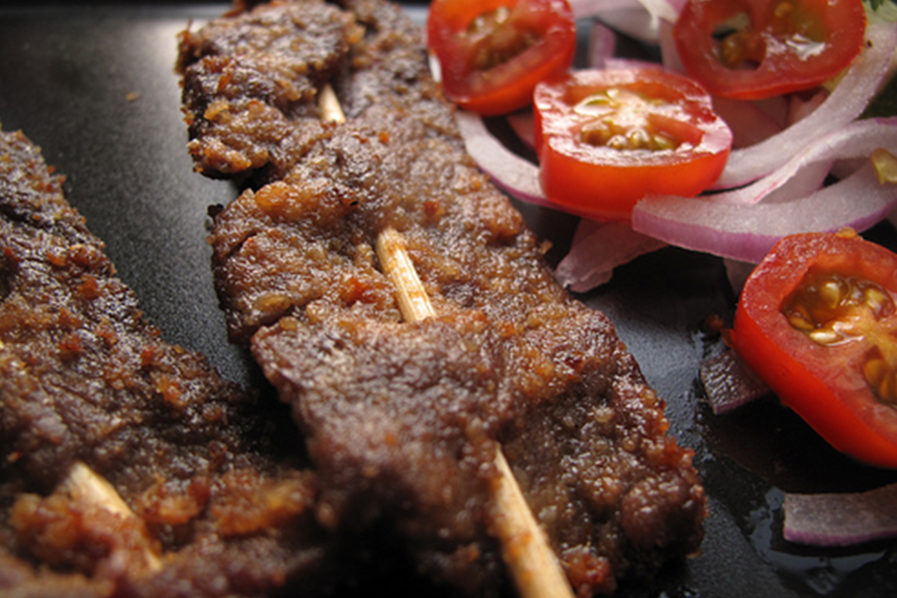
Suya
Suya is a popular street food made from skewered and grilled meat (usually beef, chicken, or goat) that has been marinated in a spicy peanut sauce.

Moin Moin
Moin Moin is a steamed bean pudding made from black-eyed peas or black beans.
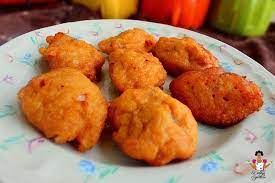
Akara
Akara is a deep-fried bean cake made from black-eyed peas.
Here are some typical foods and dishes of Nigeria:
Efo Riro: Efo Riro is a popular Yoruba vegetable soup made with leafy greens (such as spinach or kale), palm oil, and assorted meats or fish. It is seasoned with various spices and herbs.
Amala and Ewedu Soup: Amala is a dark brown, dough-like dish made from yam or plantain flour. It is typically served with Ewedu soup, which is a green leafy soup made from jute leaves and often eaten with pepper sauce.
Pepper Soup: Pepper soup is a spicy and flavorful broth typically made with meat or fish, pepper, and aromatic spices. It is served as a warming and spicy soup.
Chinchinga: Chinchinga, similar to kebabs, is a street food favorite made from skewered and grilled meat, often served with spicy peanut sauce.
Chapman: Chapman is a popular Nigerian cocktail made with a mix of fruit juices, carbonated drinks, and aromatic bitters. It is a refreshing drink enjoyed at social gatherings.
Jollof Rice: Jollof rice is a popular West African dish made with rice cooked in a flavorful tomato-based sauce. It is often cooked with spices, vegetables, and a choice of protein such as chicken, beef, or fish. Jollof rice is a staple at celebrations and gatherings.
Fufu: Fufu is a generic term for various starchy side dishes made from ingredients like cassava, yam, plantains, or cocoyam. Fufu has a dough-like consistency and is typically served with soups and stews.
Nigerian cuisine is known for its bold flavors and regional variations, making it an exciting culinary experience.
Transportation 🚥
More information about this country
Choose your destination 📍🗺
Useful Links ✅



